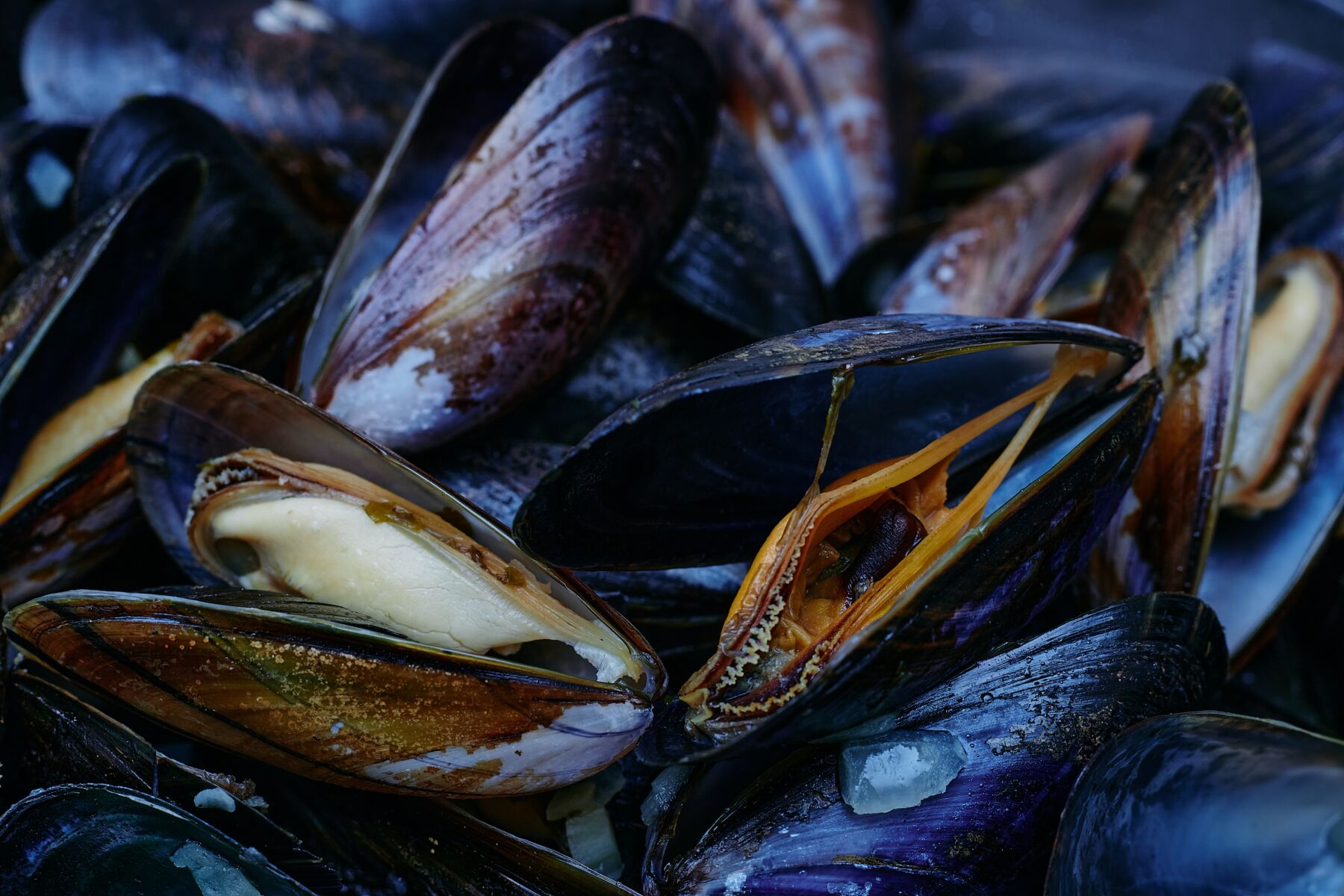Intense plankton bloom threatens Chon Buri’s marine life and mussel farms

A severe plankton bloom, unusually dense in nature, has emerged off the eastern coast of Chon Buri province, leading to the formation of what marine scientists are referring to as an aquatic “dead zone.” This situation poses a significant threat to the livelihoods of local fishermen and the operations of mussel farms in the region.
In specific areas of the Gulf of Thailand, marine scientists have recorded plankton levels that are over ten times the normal amount.
This surge in plankton population has turned the water into a vibrant shade of green and has resulted in the death of a significant amount of marine life.
Plankton blooms, which usually occur one to two times a year and last between two and three days, can produce toxins detrimental to the environment. They also deplete oxygen levels and block sunlight, creating so-called dead zones.
The Chon Buri coast, a region famous for its mussel farms, has suffered significantly from this recent bloom. Over 80% of the nearly 300 plots in the area have been impacted.
Local officials have reported finding large quantities of dead fish along a 1,500-metre stretch of shoreline on the popular beaches in Chon Buri as a direct result of the bloom. Despite the decrease in oxygen levels due to the bloom, officials have reassured the public that the seawater in the area remains safe for recreational activities and for the surrounding communities, reported The Pattaya News.
Climate change
While the exact cause of this intense plankton bloom is currently unknown, experts believe that pollution and the intense heat associated with climate change are likely contributing factors.
The situation is further exacerbated by the El Niño weather phenomenon, which causes drought and higher sea temperatures.
Scientists stress the importance of effective resource management, water conservation, and sustainable living practices in an effort to mitigate such environmental challenges.
This isn’t the first instance of a plankton bloom causing significant disruption. Earlier this year, a similar phenomenon led to thousands of dead fish washing up along a beach in Chumphon province.
These occurrences have been attributed to the ongoing impact of climate change. Globally, marine heatwaves are becoming an increasingly concerning issue, leading to thousands of dead fish appearing on Texas beaches and the emergence of algal blooms along the British coast due to the rise in sea temperatures.
Follow more of Thaiger’s latest stories on our new Facebook page HERE.
Latest Thailand News
Follow The Thaiger on Google News:


























